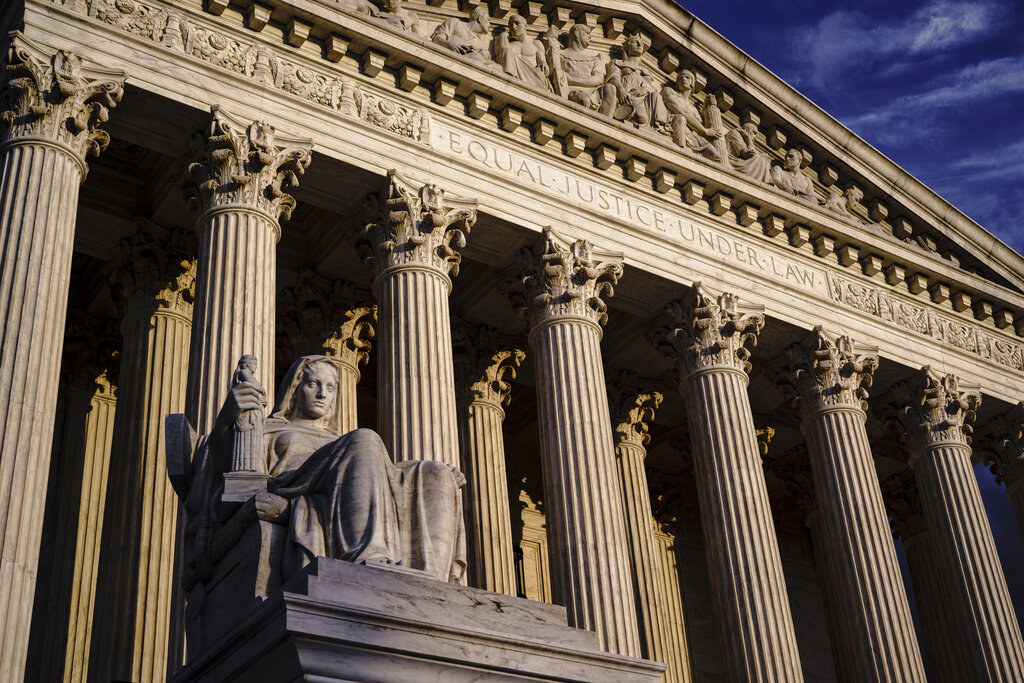The high court on Tuesday heard oral arguments on two challenges to Biden’s $400 billion plan to erase or reduce student loans for millions of Americans. So far lower courts have blocked the plan after several state attorneys general sued to stop it, and the court’s right-leaning justices grilled Biden’s lawyers about the executive branch’s legal authority.
“If you're going to affect the obligations of that many Americans, on a subject that's of great controversy,” Chief Justice John Roberts said, “they would think that's something for Congress to act on.”
In another exchange, Justice Brett Kavanaugh pointed out the Biden administration is using the COVID-19 pandemic to claim executive authority. He then pointed out the Supreme Court has repeatedly pushed back on the unconstitutional “emergency power” claimed by President Biden during the pandemic.
After the justices walloped the Biden administration over its plan, Justice Sonia Sotomayor came to its defense. Many Americans, she said, don’t have the financial ability to pay their student loans because they are still affected by the pandemic.
 "They do not have friends or families or others who can help them make these payments,” she argued. “Those debtors will suffer in ways others will not because of the pandemic."
"They do not have friends or families or others who can help them make these payments,” she argued. “Those debtors will suffer in ways others will not because of the pandemic."
Responding to Justice Sotomayor’s political argument, Attorney General Andrew Bailey (R-Missouri) told American Family Radio the justice was defending a policy that belongs under the authority of legislators.
Missouri is among the states that are suing to stop the loan forgiveness plan.
"Our founders understood that separation of powers prevents a tyrannical centralized government,” he argued. “And so Congress has to have that authority, not the president.”
So there is a “constitutional issue” and a “statutory issue" at stake, argued Bailey, who was interviewed on the "Washington Watch" program.
States joining Missouri in challenging the student loan debt cancellation include Nebraska, Iowa, Arkansas, Kansas, and South Carolina.
A decision from the high court is expected in June.














